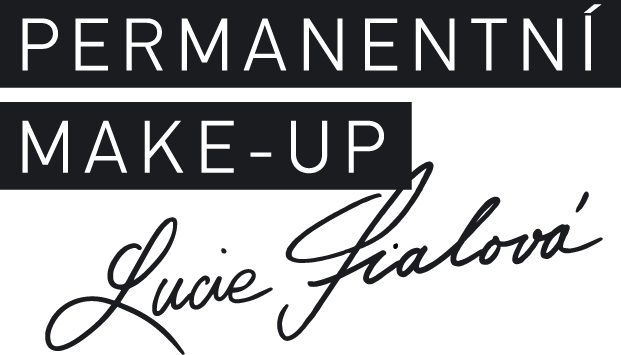Four Major Types of Essays
What exactly is an essay? An essay is a piece writing that expresses the essay punctuation-checker writer’s views. However, the definition is often unclear and can be confused with other types of writing, such as a personal note or essay, report, novel, or short story. Essays have historically always been classified as academic and informal or private and informal. The term “essence” has come to refer to the quality of writing in an essay.
An essay structure typically consists of four parts. They are the introduction and main body, followed by the conclusion, and part or conclusion. The introduction is typically written before the body of the essay, and the conclusion is near the close of the essay. In some academic writing , this order of paragraphs may be repeated.
The basic objective of an essay is to allow the writer to express their opinion or hypothesis in writing. Essays also aim to show an argument that is detailed, the support or credibility of the writer’s points of viewpoint. Like all other types of academic writing there are rules that one must follow in the writing of an expository essay. The format of the essay should follow the logic of the way that concepts are presented. That means an essay should not start with an argument, in the event that it is required to follow a logical order.
A narrative essay employs a different structure than does non-narrative essays. Narrative essays typically begin with an introduction that establishes the scene (narrated details) for the main portion of the essay. The next sections of the essay often contain descriptive statements that provide a outline of what’s been stated in the essay (sometimes with the perspective of a character or personal view of the information being discussed). These essays can be similar to the personal narrative style in which the writer employs his/her voice to tell the tale of events and/or experiences.
The argument from authority is the most frequent argument in a thesis statement. The argument relies on research findings or literary pieces and other sources to support or argue against an assertion. Although a thesis can be convincing and well-argued but it is not suitable to be classified as a thesis if it is not supported by sufficient evidence (or when the evidence doesn’t interest readers). In many instances the proof and the support of a position is so evident that even the most cautious or uneasy reader can discern the truth. This is why the thesis must be supported by a variety of additional or independent arguments (or by statements of fact or reasoning for instance, in the case of literary thesis).
An essay’s introduction is often a preview of what lies ahead. It provides the reader with the expectation that guides the essay writing process. It starts off with a brief description of what comma tester the essay has to provide and how it is related to the topic(s). In most cases however, the introduction is not announcing anything. This gives the essayist the liberty to let his/her ideas flow without having to worry about the introduction. It also gives time to gather the necessary details and to develop the theme(s) that will emerge throughout the body of the essay.
Most essays contain at least one preface, which generally describes the extent of the essay’s research and its background. The preface could be used to indicate that the essay shares the same theme as another essay or highlight an important aspect of the writing. Apart from the main premise(s) expressed in the introduction the structure of the essay is generally reserved for the conclusion. The conclusion provides a concise argument or thesis, usually in line with what was covered in the body of the essay–and concludes with an address to the audience who are most interested in the subject.
As this list illustrates, there are four types of essays that are the most popular. Each one has its pros and pros and. It is your choice to determine which of these your specific essay’s format will be. One thing is for certain, however: if you’re having difficulty presenting a particular kind of essay, you’ll be unable to write the other. Your essays will be more successful when they follow a specific format.


